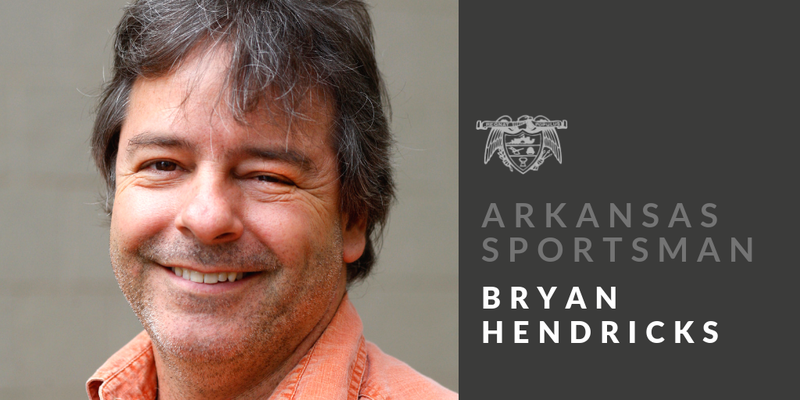Chronic wasting disease was detected last week in a deer that a hunter killed at Felsenthal National Wildlife Refuge.
It was bound to happen eventually. The fatal, incurable, neurological disease has been detected in 11 counties in West Tennessee and in nine counties in northern Mississippi, including one that borders the Mississippi River. It has been long established in northern Arkansas, so it is possible that it exists in places where it has not been detected.
On the other hand, CWD is sporadic, meaning it can occur infrequently and randomly, without a discernible pattern. For all the hunters in South Arkansas asking on social media if they ought to quit hunting, that's probably premature. It does suggest that hunters should be more diligent about having their deer tested.
That's really important because there is so little CWD data from South Arkansas. This is the first case of CWD in Deer Management Zone 12, Arkansas's Deer Factory. The nearest positive result came from Issaquena County, Miss., about 120 miles away. The nearest known positive case of CWD in Arkansas was 200 miles away.
Chronic wasting disease was first detected in Arkansas Feb. 23, 2016. Since that date, the Arkansas Game and Fish Commission has tested nearly 38,000 deer and elk from across the state. A total of 1,182 deer and 35 elk have tested positive for the disease in Arkansas. That's only 3% over nearly six years, a span in which hunters have killed more than 200,000 deer a year. That factors to only about 38,000 samples from a potential data field of more than 1 million animals.
According to a release issued Wednesday by the Game and Fish Commission, A.J. Riggs, wildlife health biologist for the AGFC, said that hunters submitted 307 CWD samples in Union County before this first positive case, and that 107 were submitted since July 2021.
That is a microscopic sample size considering the fact that Union County annually leads the state's deer harvest. In 2020-21 alone, hunters checked 7,039 deer in Union County. Such a minute sample size might also suggest that the disease might be more prevalent to produce a statistically remote, single CWD-positive result.
Cory Gray, chief of the AGFC's Research Division, addressed the data deficiency in the commission's release.
"With this positive case being so far from any previously known source, we've already begun working on ways to gather more samples from the surrounding area to determine the extent of the infection in this part of the state," Gray said. "We have already begun making plans to place more CWD drop-off containers near the (Felsenthal) refuge for voluntary testing and are talking with local deer clubs and the U.S. Fish and Wildlife Service to get help in gathering additional samples while deer season is still open.
"We're also reaching out to our counterparts at the Louisiana Department of Wildlife and Fisheries to coordinate with them and share data to get a better understanding of how far this may have spread."
CWD has not been detected in Louisiana, but Felsenthal NWR is on the border.
The discovery of the disease will not affect deer hunting regulations for the remainder of the 2021-22 deer seasons, but AGFC Director Austin Booth said that the commission will hold public meetings to inform the public about the disease's potential impact on that area.
"The best way local hunters can help us is to take advantage of the free testing facilities and get their deer tested for CWD," Booth said. "More samples means more chances to find any new concentrations of the disease and gives our staff a better picture of the landscape so they can make better-informed decisions moving forward."
Hunters can take the head of the deer, with six inches of neck still attached, to one of the AGFC's network of participating taxidermists to have a sample tested for free. They also may drop off the head at one of dozens of CWD-testing collection stations around the state. A list of CWD-testing facilities is available at www.agfc.com/cwd. Landowners near Felsenthal National Wildlife Refuge also may contact the AGFC to participate in surveillance efforts in the area. For more information, call (501) 412-5434.
Admittedly, most hunters in Zone 12 have felt insulated from chronic wasting disease. That's done. Get your deer tested. It's free, it's convenient, and we need more information to accurately assess our risk.
